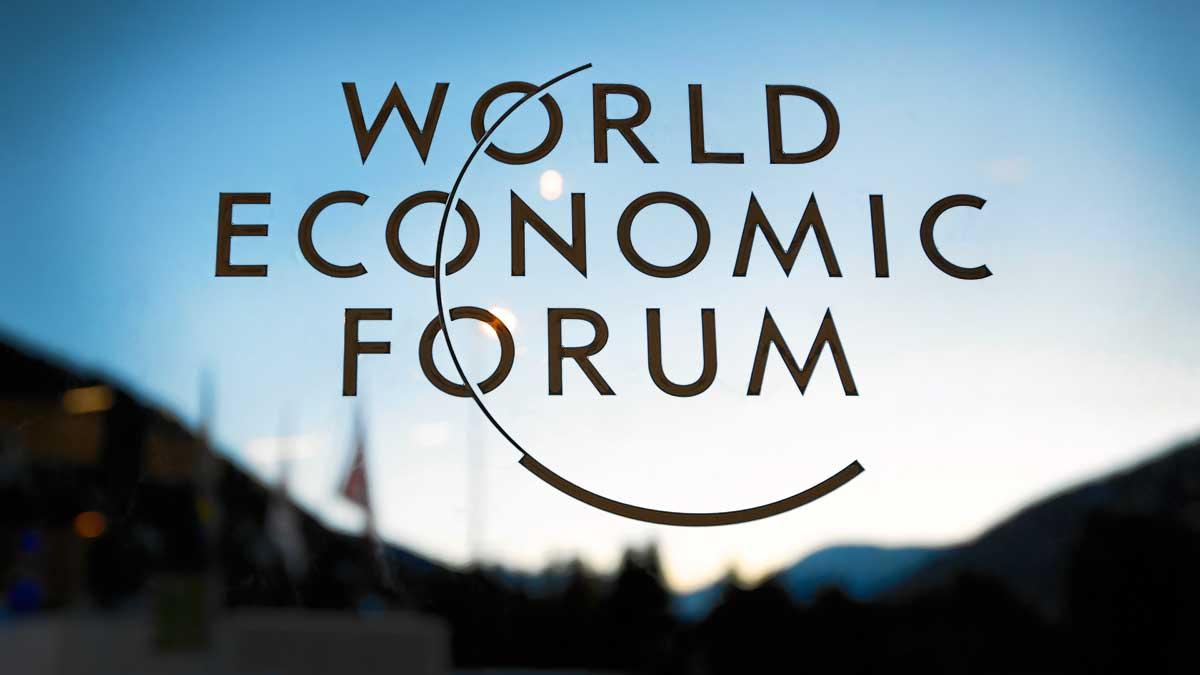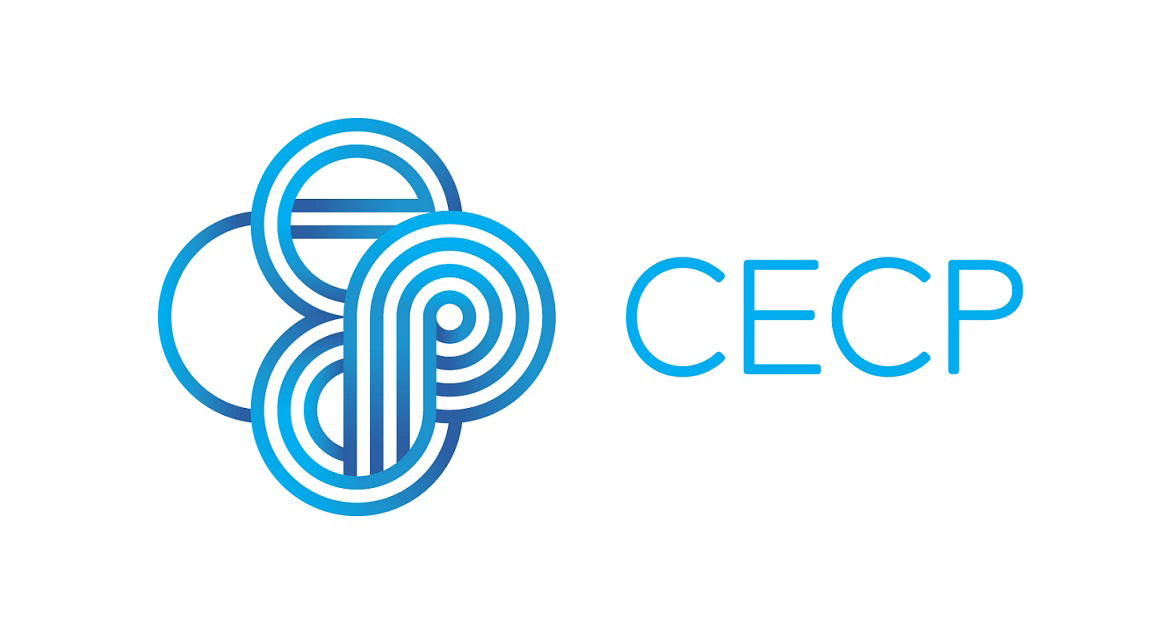Sights & Sounds of the World Economic Forum 2019
By Alexa Basse, Associate, CEO & Investor Engagement, CECP

As originally posted on CECP's Insights Blog
CECP has browsed hours of video and content found on the World Economic Forum (WEF) homepage to give you the short-and-sweet best of the WEF 2019. See below for our top picks.
The Elevator Pitch Overview
The prevailing sentiment of the three-day conversation in Davos, Switzerland was subdued, cautious, and apprehensive. The empty seats of the leaders of the United States, United Kingdom, and France, who bowed out amidst domestic turmoil, overshadowed the notable list of attendees. Their absence echoed during talk of global risks and hot topics such as populism, trade tensions, growing social inequality, slowing economic growth, and climate change.
The group of business and government leaders, academics, and heads of international organizations gathered to discuss the theme, Globalization 4.0: Shaping a Global Architecture in the Age of the Fourth Industrial Revolution (4IR). Global thinkers proposed and challenged new ways to make globalization work for everyone, not just the few, with solutions focused on developing frameworks of cross-sector collaboration, innovation, and regulation.
Recurring themes centered on upskilling the workforce in a digital economy, fostering a circular economy, managing regulation amid the speed and scale at which new technologies emerge, artificial intelligence, automation, and data protection, especially their impact on the future of work.
The bright spot of the week was technology, where optimism even quelled the fear of robots replacing jobs. The era of the machine is upon us, but world leaders reminded us humans are uniquely creative, intuitive, and emotionally intelligent.
Top Picks
- Keith Block and Michael Dell on the digital skills gap:
- In Making Digital Globalization Inclusive, Keith Block (Salesforce Co-CEO, a CECP CEO), Michael S. Dell (Dell Technologies CEO, a CECP CEO), and Vijayakumar (HCL Technologies CEO) considered the massive and growing divide between people who are online and those who are not. They shared what keeps them up at night, from fostering inclusion of rural and marginalized communities to developing digital literacy and bridging the gap between the data capabilities of the private, public, civic, and non-profit sectors. All concurred there is a digital skills gap. After acknowledging the threat of worsening digital inequality, they proposed various solutions via training, mentorship, and cross-sector collaboration.

